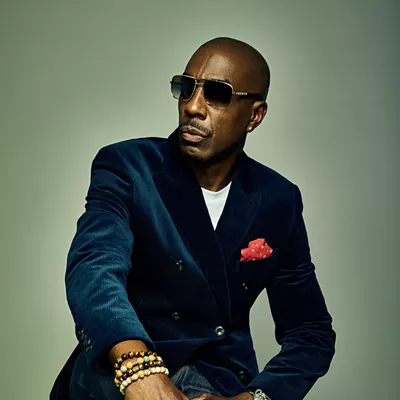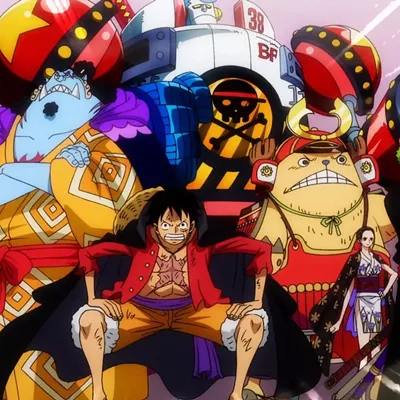Political comedy is too politically correct right now.
To be clear, I don't mean it's too hypersensitive about offending some groups of people (some comedians love to call conservatives "dipshits" and go hog-wild on fat jokes about tubby Republicans). I mean that it's too obsessed with being aligned with all the Correct Political Beliefs.
Comedy, the idea goes, is powerful, and with great power comes great responsibility.
It's part of the reason that comedians have struggled to get a handle on Joe Biden, I suspect. Former SNL impressionist Dana Carvey showed one path to a great Biden impression on Stephen Colbert's show back in March — a rambling but earnest, ping-ponging between misspoken cliches and fragmented anecdotes.
It's brilliant bit, but it's also clear why so few comedians have adopted this kind of frame to mock Biden: It echoes the Republican attack of Biden as senile and incoherent, and most comedians don't want to feed that narrative.
Meanwhile, other humorists have been fretting about being too nice to Biden.
During the Obama years, the satirical newspaper the Onion exaggerated Biden's blue-collar Scranton persona to create the character of "Diamond Joe," a hard-rockin' affably sleazy dirtbag who would wash his Trans Am in the White House driveway.
In 2019, a former Onion editor Joe Garden published an article in Vice regretting that their satire had contributed to Biden's image as a "clueless but lovable clod, a well-meaning klutz who is predictable, friendly, and ultimately electable."
Garden had been haunted by the idea that Saturday Night Live and Jimmy Fallon's gentle ribbing of Donald Trump in 2016 had contributed in some small way to Trump's election.
In the last few years, the left-wing Onion became more pro-Bernie Sanders and more anti-Joe Biden, featuring articles like "Biden Concerned Ambitious Agenda Could Be Stalled By Him Not Really Caring If It Happens Or Not."
It's funny-ish. It's a cutting tweet that gets a lot of likes and then is instantly forgotten. It doesn't hold a candle to "Diamond Joe."
Political comedy suffers when it tries to focus too narrowly on serving one political cause: It becomes either toothless or strident. Comedy should be anarchic, serving neither gods nor masters.
Even as it exaggerates and caricatures, satire should humanize: It can bring the people we worship as deities down to earth and the villains we demonize up to earth. It's a leveling force, connecting us all to a shared sense of the absurd.
Great comedy skewers self-importance. When comedians become self-important themselves, the applause they get from like-minded fans may grow louder. But increasingly, it drowns out the laughter. ♦

























